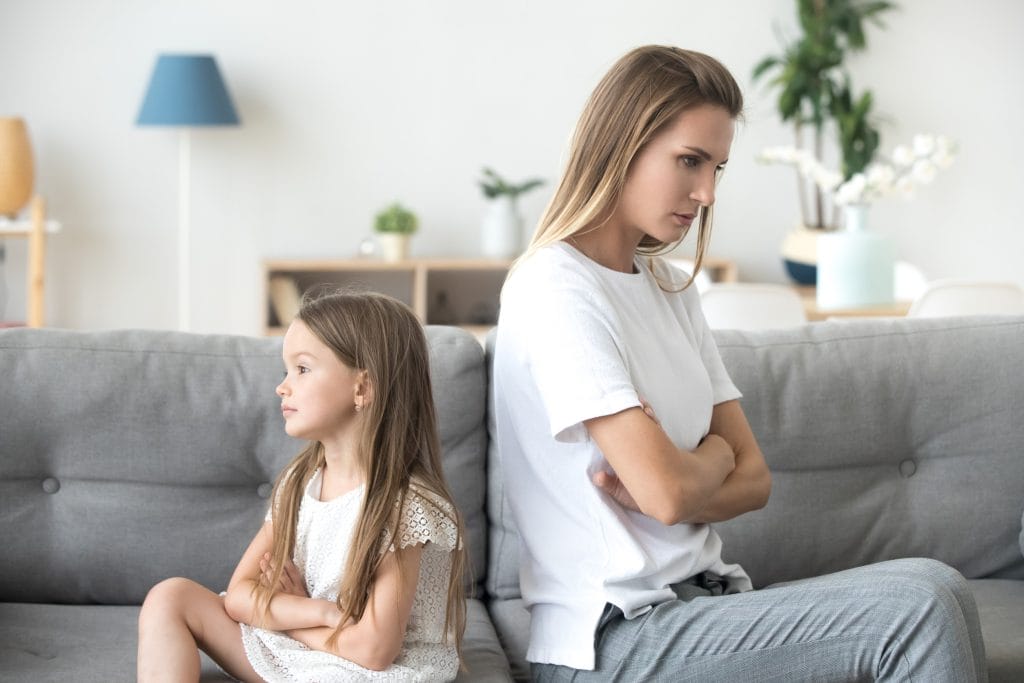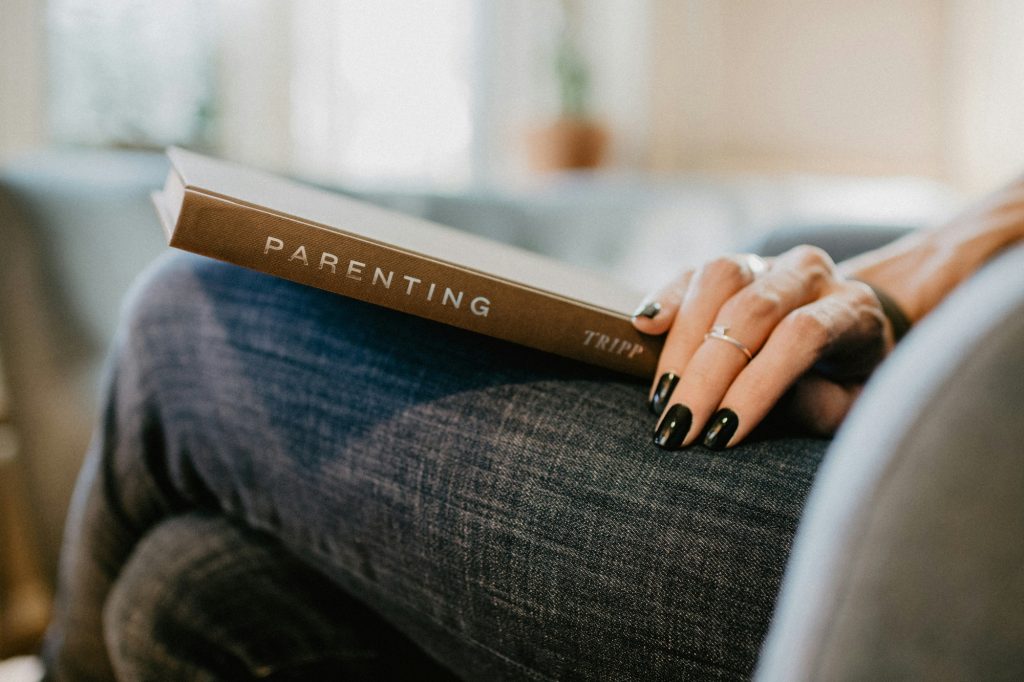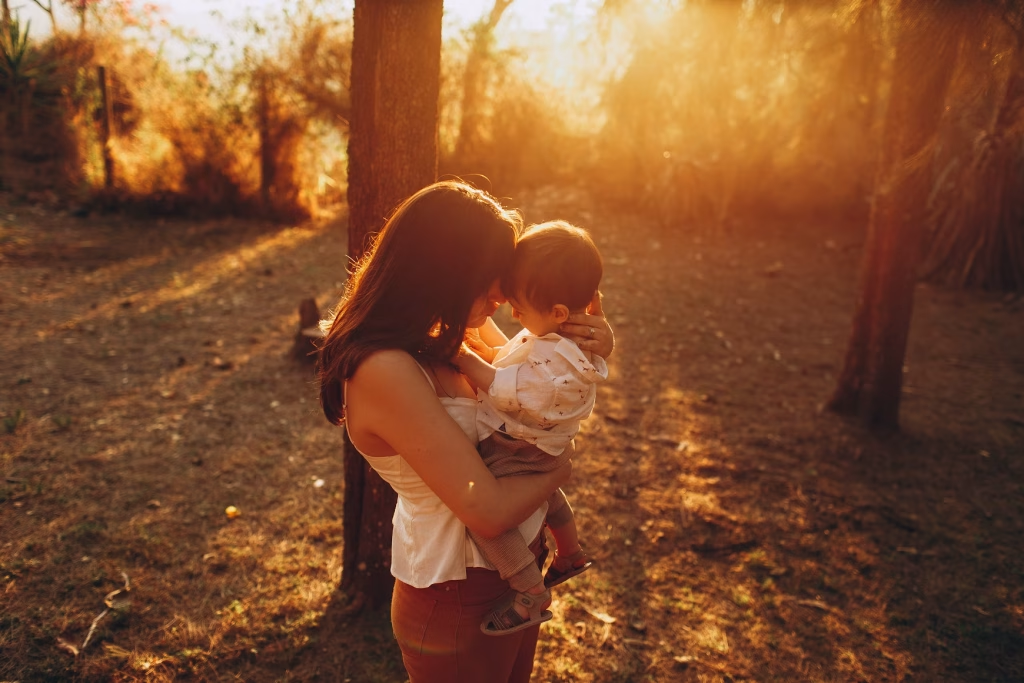
It’s the secret many parents carry in silence: moments of resentment toward the very children they love more than anything. These feelings are often tangled in guilt, buried under the weight of expectation, and dismissed with a quick “I’m just tired.” But they’re real, and they matter—because ignoring them doesn’t make them go away. Resentment doesn’t mean you’re a bad parent; it means you’re human, stretched thin in a role that demands more than anyone ever admits. Exploring why some parents feel this way can help shift the narrative from shame to self-awareness, and maybe even offer some peace in the process.
1. The Loss of Personal Identity
Becoming a parent often means putting your own goals, needs, and identity on pause—or at least turning the volume way down. You stop being Sarah or Michael and start being “Mom” or “Dad” around the clock. The hobbies, dreams, and independence that once defined you may feel like distant memories. Over time, that erasure of self can lead to frustration and emotional fatigue. Feeling resentment in moments like this isn’t about blaming the child—it’s about mourning the version of yourself that feels like it disappeared.
2. The Constant Mental Load
It’s not just the physical work of parenting that wears people down—it’s the invisible checklist that never stops running. From remembering appointments and managing school deadlines to tracking who likes what snack this week, the mental load is endless. When one parent carries the majority of that burden, even small requests can feel like the final straw. This imbalance can create tension and lead to quiet resentment, especially when it feels like no one sees how much you’re doing. It’s not the child causing the stress—it’s the system you’re stuck navigating.
3. Unrealistic Expectations and Pressure
Social media, parenting books, and even well-meaning friends can set standards that no real human can meet. Parents feel pressure to be endlessly patient, creative, emotionally present, and perfectly balanced—every single day. When real life doesn’t match that highlight reel, it’s easy to feel like a failure. Resentment can bubble up when you’re constantly chasing a version of parenthood that doesn’t actually exist. Sometimes, just acknowledging that you’re doing enough is the first step toward releasing that pressure.
4. Lack of Support or Help
Parenting was never meant to be done in isolation, yet many parents find themselves raising children without a village. Whether it’s a missing co-parent, absent family, or just a lack of community support, doing it all alone can break even the most devoted caregiver. Resentment grows when the weight of raising a family falls solely on one person’s shoulders. It’s not about loving your child less—it’s about needing help and not getting it.
5. Feeling Trapped or Stuck
It’s not uncommon for parents to feel like they’ve lost control over their time, their energy, or even their future. Career paths may shift, social lives may vanish, and financial goals might get put on hold indefinitely. When everything in life feels dictated by nap schedules, school pickups, and tantrum management, even the most grateful parent can feel trapped. That sense of being stuck can lead to guilt-laced resentment, especially when there’s no clear off-ramp or break in sight.
6. Emotional Exhaustion and Burnout
There’s tired, and then there’s parent tired—a whole-body, whole-soul kind of exhaustion that builds day after day. When your emotional cup is empty, small things feel big, and patience runs thin. You might resent the sound of your name being called 400 times a day, not because you don’t love your child, but because you haven’t had a quiet thought in weeks. Burnout isn’t a failure—it’s a warning sign that something needs to change. Parents aren’t robots, and without care and rest, even the best intentions wear down.
7. Grieving the Life You Imagined
Sometimes the life you pictured before having kids looks nothing like the one you’re living now. Whether it’s a child with special needs, financial hardship, or simply the reality that parenting is harder than expected, unmet expectations can hurt. Grief isn’t always about loss in the traditional sense—it can also come from the gap between hope and reality. That gap can create resentment, especially when no one talks about how common it is. Recognizing that grief doesn’t negate love is a powerful way to move forward.
8. Comparison With Other Families
Watching other parents seem to breeze through parenting with smiling kids and organic snacks can be enough to make anyone feel resentful. Comparison is the thief of joy, but it’s hard not to measure yourself against other families who appear to have it all together. It’s especially painful when your own situation feels messy, loud, or lonely in contrast. That bitterness isn’t about your child—it’s about the crushing feeling that everyone else has a map and you’re just guessing. Remember, you’re only seeing the highlight reel—not the behind-the-scenes chaos.
9. Lack of Honest Conversation
Most parents never say these things out loud—not to friends, not to partners, and definitely not to themselves. The silence around resentment only makes it worse, locking parents into cycles of guilt and shame. But bringing these feelings into the light doesn’t make you ungrateful or unfit—it makes you real. Honest conversations create space for healing, self-reflection, and even better connection with your kids. Parenting is hard, and talking about it should never be taboo.
Naming It Doesn’t Mean You Love Them Less
Resentment is one of the most misunderstood emotions in parenting, but it’s often rooted in unmet needs—not in a lack of love. When we allow space to explore these feelings without shame, we give ourselves room to grow, recover, and reconnect. Admitting that you feel overwhelmed, exhausted, or lost doesn’t make you a bad parent—it makes you human. By naming what’s hard, you open the door to healthier, more honest parenting. And sometimes, saying the quiet part out loud is exactly what sets you free.
Have you ever felt resentment as a parent? What helped you work through it? Share your story in the comments so no one has to feel alone.
Read More:
7 Reasons Some Parents Regret Having Kids—And Why We Shouldn’t Judge
Why Burned-Out Moms Are Fantasizing About Running Away
Catherine is a tech-savvy writer who has focused on the personal finance space for more than eight years. She has a Bachelor’s in Information Technology and enjoys showcasing how tech can simplify everyday personal finance tasks like budgeting, spending tracking, and planning for the future. Additionally, she’s explored the ins and outs of the world of side hustles and loves to share what she’s learned along the way. When she’s not working, you can find her relaxing at home in the Pacific Northwest with her two cats or enjoying a cup of coffee at her neighborhood cafe.



